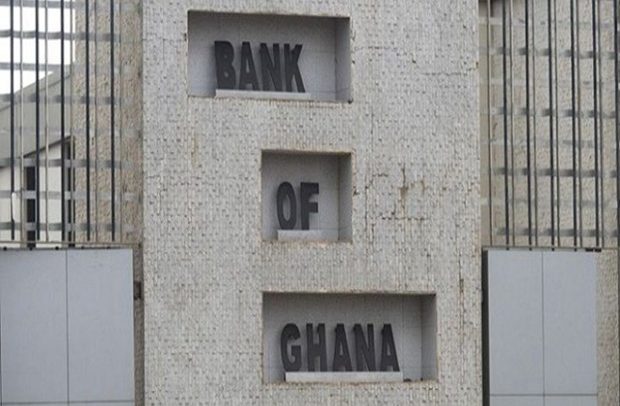
By Joshua Worlasi AMLANU & Ebenezer Chike Adjei Njoku
The Bank of Ghana (BoG) is expected to reduce its dominant role in the country’s foreign exchange (FX) market in a strategic pivot toward a more flexible exchange rate regime, according to recent policy disclosures.
This move comes on the back of strong cedi appreciation and an overperformance in rebuilding international reserves – developments the central bank and International Monetary Fund (IMF) say support a transition toward more market-determined currency pricing.
The BoG has discontinued its bilateral adjudications and now conducts all FX interventions exclusively through transparent auctions. In a further step, the central bank is developing an internal FX intervention policy framework that will guide the scope, instruments and governance of its operations in the FX market.
The framework, which is expected to be adopted by the BoG board by end-September 2025, will codify the central bank’s discretion under a constraint approach to currency interventions.
The IMF, in its recent programme assessment, welcomed these reforms and called for formalisation of the FX intervention framework. It urged the BoG to deepen the interbank FX market and reduce its footprint to allow the exchange rate to respond more freely to market dynamics.
Greater transparency and predictability, the IMF argued, would enhance investor confidence and align Ghana’s monetary architecture with international best practice.
“Replacing bilateral adjudications with a transparent auction-based FX system represents an important improvement to transparency of the BoG’s FX operations,” the Fund noted.
“Looking ahead, deepening the interbank FX market by reducing BoG’s footprint and allowing for greater exchange rate flexibility should be a priority,” it added.
By April 2025 reserves had grown to about US$10.7billion, covering more than three months of import needs. The cedi has recorded strong gains in recent weeks, buoyed by improved FX inflows, a strengthened reserve position and tightening monetary policy.
According to market data from Databank, last week the cedi appreciated by 6.36 percent week-on-week against the US dollar to close at a mid-rate of GH¢11.80/$ – representing a cumulative gain of 31.57 percent year-to-date.
Similar gains were recorded against the British pound and euro, with the local currency appreciating 23.79 percent and 19.26 percent respectively.
The currency’s recent performance reflects a confluence of factors which include larger-than-expected cocoa receipts, a strong pipeline of inflows from the Domestic Gold Purchase Programme (DGPP) and consistent overshooting of Net International Reserve (NIR) targets under the IMF-supported programme.
The BoG’s FX interventions have also been more active in recent months, though authorities say such operations are increasingly rules-based and guided by auction outcomes rather than discretionary pricing.
“We are ahead of schedule on rebuilding official international reserves. Despite debt service commitments in a post-debt restructuring environment, we have consistently overperformed NIR targets since beginning the programme… This overperformance occurred in the context of a significant increase in BoG FX interventions,” the BoG stated in ensuing remarks.
The monetary authority said it remains committed to enhancing exchange rate flexibility, modernising FX operations and improving the governance of its interventions.
It has fully exited sell buy-back operations and earlier swap arrangements with commercial banks. Domestic gold purchases are now conducted strictly at market prices and the central bank is actively managing portfolio risks associated with gold’s share in total reserves.
While the IMF acknowledged benefits of the Domestic Gold Purchase Programme (DGPP) in boosting reserve buffers, it cautioned that the central bank must closely monitor associated liquidity and valuation risks. It also highlighted the importance of ensuring that reserve accumulation strategies are consistent with long-term portfolio stability.
In a broader policy shift, BoG has committed to eliminating multiple currency practices (MCPs) and ensuring a unified FX market. A more robust reference rate computation method, adopted in September 2024, has been in place for six months and is reported to have improved transparency and accuracy in the FX rate-setting process.
The broader macroeconomic framework appears to be stabilising, though risks remain. Inflation remains above BoG’s medium-term target of 8 ±2 percent and monetary policy remains tight. The BoG increased its policy rate by 100 basis points to 28 percent in March 2025, citing persistent non-food inflation pressures and elevated inflation expectations.
The post Cedi gains, improved reserves to influence BoG FX policy adjustments appeared first on The Business & Financial Times.
Read Full Story











Facebook
Twitter
Pinterest
Instagram
Google+
YouTube
LinkedIn
RSS